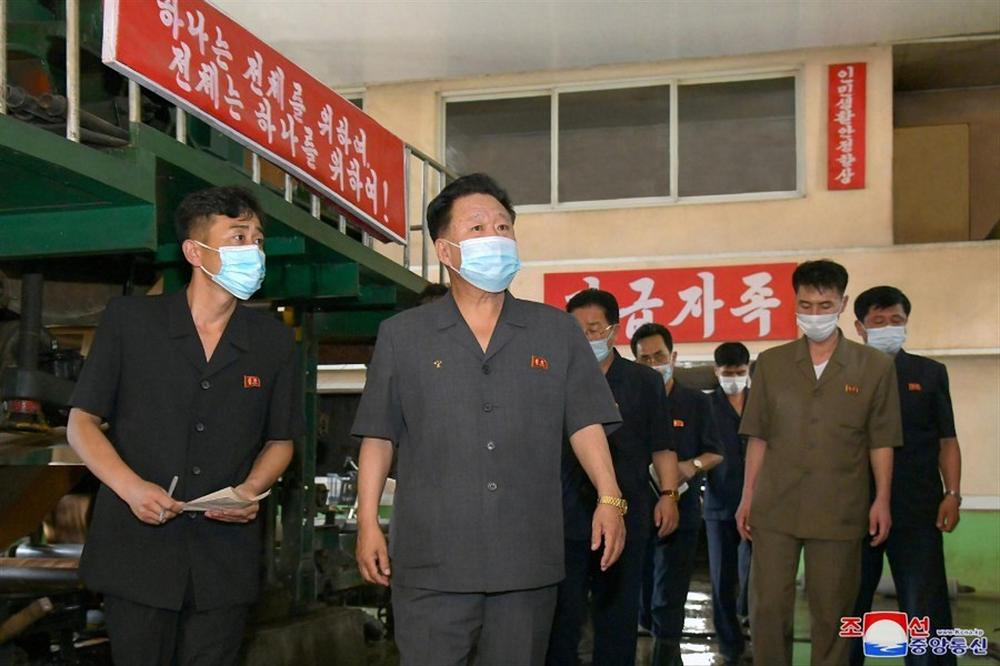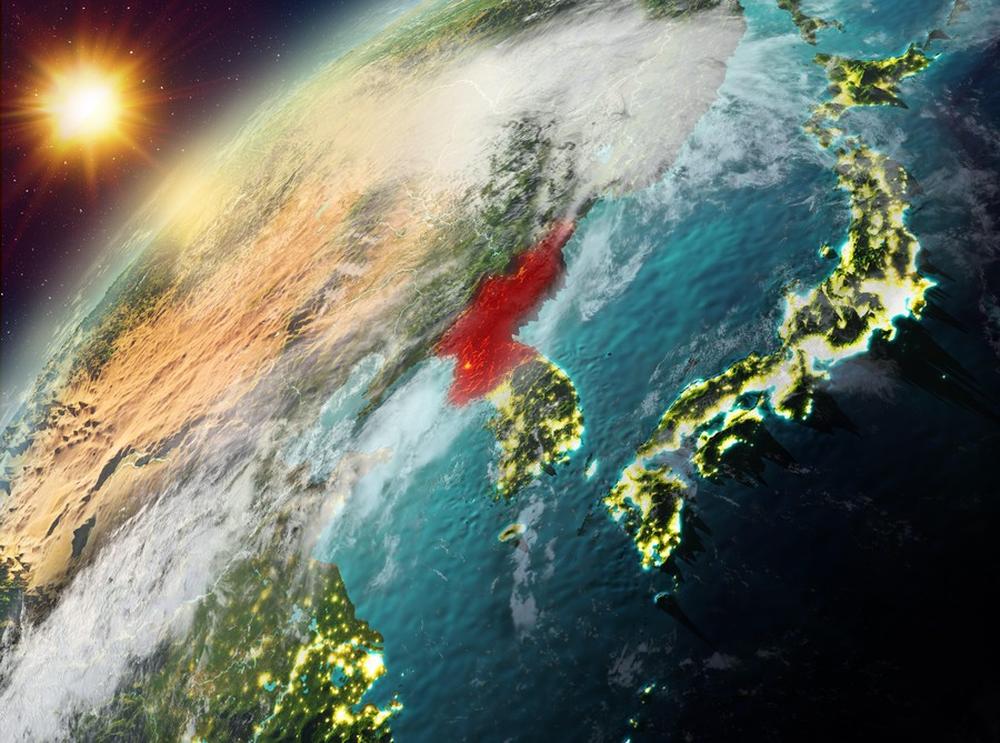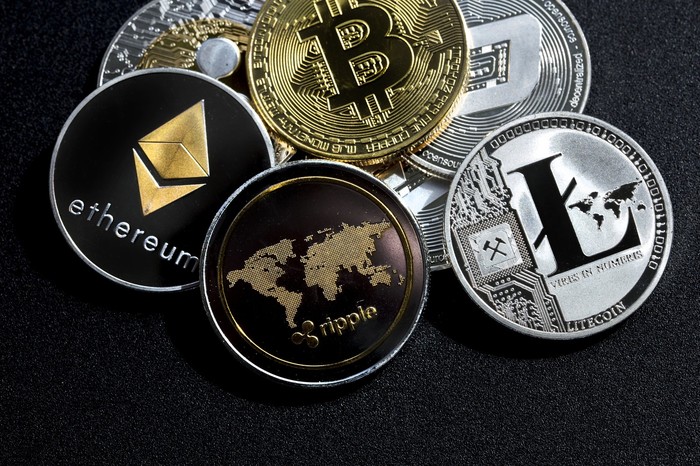- #Economy & Trade
- #Global Issues
- #North Korea
- #Sanctions & Human Rights

► North Korea has limited capacity to deal with the challenges that it currently faces.
► North Korea will try to soothe public discontent by implementing drastic measures that may appear to lift the pandemic restrictions. This will be an effort to pacify public discontent over government restrictions on economic activities, improve the supply and demand of food, and utilize it as government propaganda. North Korea will use this opportunity to boost public approval. Thus, North Korea will aim to achieve economic objectives during the second half of the year, and utilize the current international political environment to improve its relationships with friendly nations.
► Given North Korea’s domestic as well as international predicament, it is unlikely that North Korea will successfully undertake radical strategies.
2022 is a critical year for the North Korean economy because of its short-, mid-, and long-term implications. In the short term, North Korea is undergoing economic difficulties caused by three years of border shutdown. In the mid-term, it is two years into the five-year economic plan (2021-25) and faces challenges in terms of making up for last year’s lackluster economic performance. In the long term, it faces the daunting task of achieving regime stability by preventing and managing the spread of the market economy. These economic challenges have been exacerbated by news in May that the COVID-19 Omicron variant has begun to spread.
This paper aims to assess the current state of the North Korean economy and analyze its prospects during the latter half of 2022. Moreover, this paper will review North Korea’s policy options and project how the country will respond to these challenges.
Economic Shocks Prior to the Spread of the COVID-19 Omicron Variant
Since 2018, North Korean exports have been dealt a serious blow by the stringent international sanctions regime. Imports have also dropped since 2020 as a result of the border shutdown. Specifically, North Korean exports and imports to and from China dropped by 88% in 2018 and 81% in 2020, respectively, compared to the previous year. Prior to the border shutdown, only those items targeted by economic sanctions had suffered damage. Now, we are witnessing a more comprehensive and rapid decrease in imports of food, daily necessities, raw materials, and intermediary goods—which have begun to impact domestic consumption.
One good indicator of North Korean economic difficulty is its national budget. North Korea’s annual revenue plan is announced by the government and, therefore, can be used as an indirect measurement of North Korea’s economic state. In 2021, we have begun to witness peculiarities in North Korea’s revenue plan. Since Kim Jong-un’s rise to power, North Korea had maintained its annual revenue at around 4%. However, in 2021, this number dropped to 0.9%, which dropped even further to 0.8% in 2022. It appears that North Korea had to reflect on its economic difficulties in its revenue plan.
The drop in annual revenue also limited spending (1.1%). Spending dropped in each of the following areas compared to the previous year: science and technology (1.6%→0.7%), education (3.5% → 2.6%), arts and culture (2.7%→0.3%), and sports (1.6%→0.8%). Even though the North Korean government announced that it will pay special attention to areas deemed important for rebuilding its economy, including light industry, basic manufacturing, and agriculture, spending has increased marginally (0.9%→2.0%). These numbers indicate North Korea’s limited capacity to deal with the challenges that it currently faces.
The Spread of COVID-19 Omicron Variant and Its Impact
In the midst of these difficulties, North Korea received the news in May that the COVID-19 Omicron variant has begun to spread. The international economic sanctions regime and border shutdown have forced the North Korean government to react defensively to these challenges. The additional threat of the pandemic has added a new variable to North Korea’s nationwide difficulties. This threat will likely impact the North Korean economy in three ways:
First, there has been a setback in the construction and agricultural industries—two industries that could be artificially revived by employing an additional labor force. The construction industry in particular does not require investments in plants and equipment, is relatively easy to mobilize the labor force, and the construction of large housing areas could reinvigorate the economy. However, the Omicron variant has incapacitated the North Korean labor force. The same trend can also be found in the agricultural industry.
Second, the economic burden will continue to pile up due to significant delays in trade. The border shutdown in 2020 has nearly incapacitated North Korean trade and, therefore, the impact of the Omicron variant may not be easily discernable. However, the fact that North Korea can no longer utilize trade to help reinvigorate its economy will add to its opportunity costs.
Third, there could be a greater burden on the North Korean people and the main agents of economic activities. For a country like North Korea, the role of national finance is rather small and, therefore, the reduction of the national budget may not have significant meaning. However, it is possible that North Korea will try to force its main economic agents to make up for the shortcomings in the national economic budget. It can do so by what it calls “Tasks Not Included in the Plan” (so-called ‘social tasks’). In other words, if the North Korean government faces a budget shortage,s especially in critical industries, it may force economic agents to provide economic support.
North Korea’s Policy Countermeasures
How will North Korea respond? Superficially, North Korea could implement drastic measures that may appear to lift the pandemic restrictions. This will be an effort to pacify public discontent over government restrictions on economic activities, improve the supply and demand of food, and utilize it as government propaganda. We have witnessed in other countries how the pandemic has influenced political approval ratings. North Korea will look to use this opportunity to boost public approval. Of course, the lifting of pandemic restrictions could partially improve economic activities, but without the complete eradication of the pandemic, there will continue to be great restrictions on North Korea’s economic activities.
North Korea will encourage the nation to achieve its economic objectives. The central government will likely implement a strategy to encourage advancements in certain industries (such as metal and chemical industries). Local governments may actively encourage competition among the provinces, counties, and cities. In the latter half of the year, when the challenges posed by the pandemic will likely improve, North Korea may look to achieve its objectives by making greater investments in the agricultural, construction, and light industries.
North Korea may also look to strengthen its economic relationships with traditional allies, including China and Russia. Even though the international economic sanctions regime has posed restrictions on trade and investments, if North Korea can maximize the current political environment, it can soften the impact of sanctions. For example, the official North Korean media has published a number of op-eds that have called for the revival of North Korea’s long-time relationship with Russia.
To conclude, it appears that North Korea will try to soothe public discontent by lifting restrictions involving the pandemic. At the same time, it will try to encourage the nation to achieve its economic objectives during the second half of the year. Moreover, it will try to utilize the current international political environment to improve its relationships with friendly nations. However, given North Korea’s domestic as well as international predicament, it is unlikely that North Korea will successfully undertake radical strategies. Therefore, it appears likely that we will only witness marginal economic recovery driven by the base effect in the days ahead.
Jongkyu Lee is a Senior Fellow at KDI. His research focuses on current macroeconomic situation of North Korea as well as its special trade relationship with China. Prior to joining KDI, he was a Research Fellow at Samsung Economic Research Institute (SERI) from 2008 to 2013. He obtained a doctorate at the University of London(UCL) in 2008. His current interest lies in understanding the impact of sanctions, marketization, dollarization, and demographic change on the DPRK economy and its policy responses.

